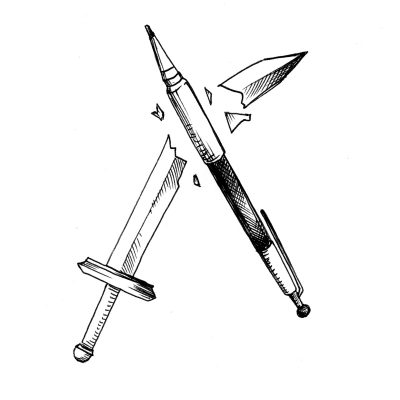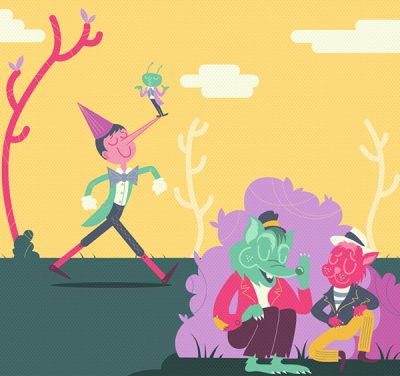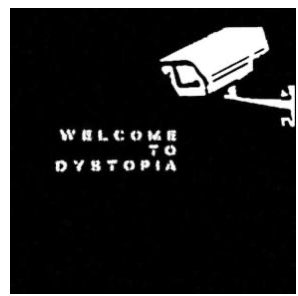To continue our conversation about the role of literature in the composition classroom, I want to show off three excellent assignments from current ECE English teachers that are particularly interdisciplinary and inquiry-based and that prompt students to write through literature rather than just about it. These assignments are, of course, not the only ways that this work can be done, but if you are thinking about how you might build a future course that pushes beyond literary analysis (as ECE English classes do), then you might use these assignments as models.
Writing about Language
Dr. Patti Lee-Muratori teaches an ECE English/Humanities course at New Fairfield High School. You can see her materials and learn more about her teaching on her website. The assignment that I want to draw your attention to in this post focuses on the relationship between power and language.
This assignment begins by reminding students of its context. They have been discussing several literary texts, films, television shows, and sociolinguistic studies in order to make “observations about the struggle for power between and among those who have it and those who are blocked/oppressed/marginalized/objectified/demonized… in order to prevent them from achieving equality.” Already, this project is interdisciplinary and pushes the students to think beyond literary analysis. The project is inquiry- and thesis-driven, and the goal is “to push our conversation about power and language forward in a new way.”

Writing about Stories
Linda Ventura-Clements teaches a combined English 1011/AP Literature and Composition course at Mark T. Sheehan High School. She has an assignment that considers the “blurred lines” between fact and fiction and explores the cultural function of storytelling.

The project begins with literary texts, Tim O’Brien’s The Things They Carried and Yann Martel’s Life of Pi, where characters talk about the need to lie in order to get at a deeper truth. The first part of the project is a creative, scaffolding assignment which asks the students to “lie” about an actual event that happened to them or a family/friend as a way to experience first-hand how an author “lies” or “distorts” the facts in order to create truth. The major assignment asks students to use these texts (and others of their choosing) as evidence to make an argument about the nature of storytelling and specifically of blurring the lines between truth and lies. The students are using literary texts as evidence, and thinking about their social function, in order to make a cultural or philosophical argument.
Writing about Institutions
Caitlin Donahue teaches English 1010 at Stafford High School. In a unit on dystopian American literature, she has her students write a paper about an institution or organization in our society and the power structure within it.
This assignment, like the other two, begins with a literary and theoretical context: the students have been watching The Truman Show and reading Fahrenheit 451, “The Allegory of the Cave,” and “Panopticism” from Discipline and Punish, among other texts. They have been analyzing “how education functions as an institution regulating its members.” In this project, they use those texts and conversations as a starting point (and as evidence, later) to analyze a social institution or organization in their lives or community. The assignment asks them to use the readings from the unit “to serve as points of comparison, contrast, or extensions to [their] analysis,” moving beyond simple literary analysis.

I came across these assignments while reading the submitted materials (there are a lot, and we are making our way through them!), so I may do a few more posts in the coming weeks as I find other examples. Feel free to reach out to me if you’re doing work that speaks to the questions from our fall conference or have ideas that you’d like to share here!